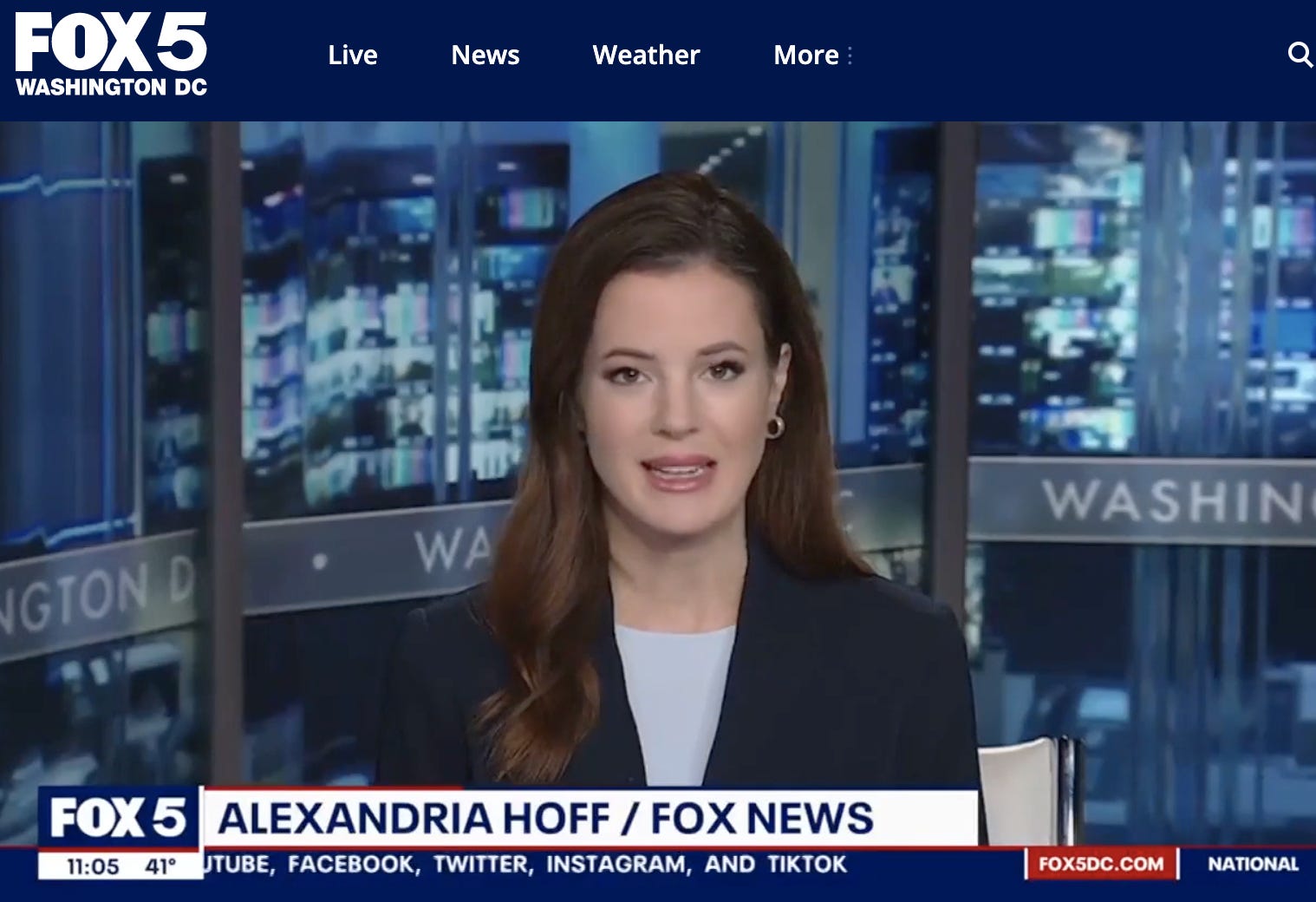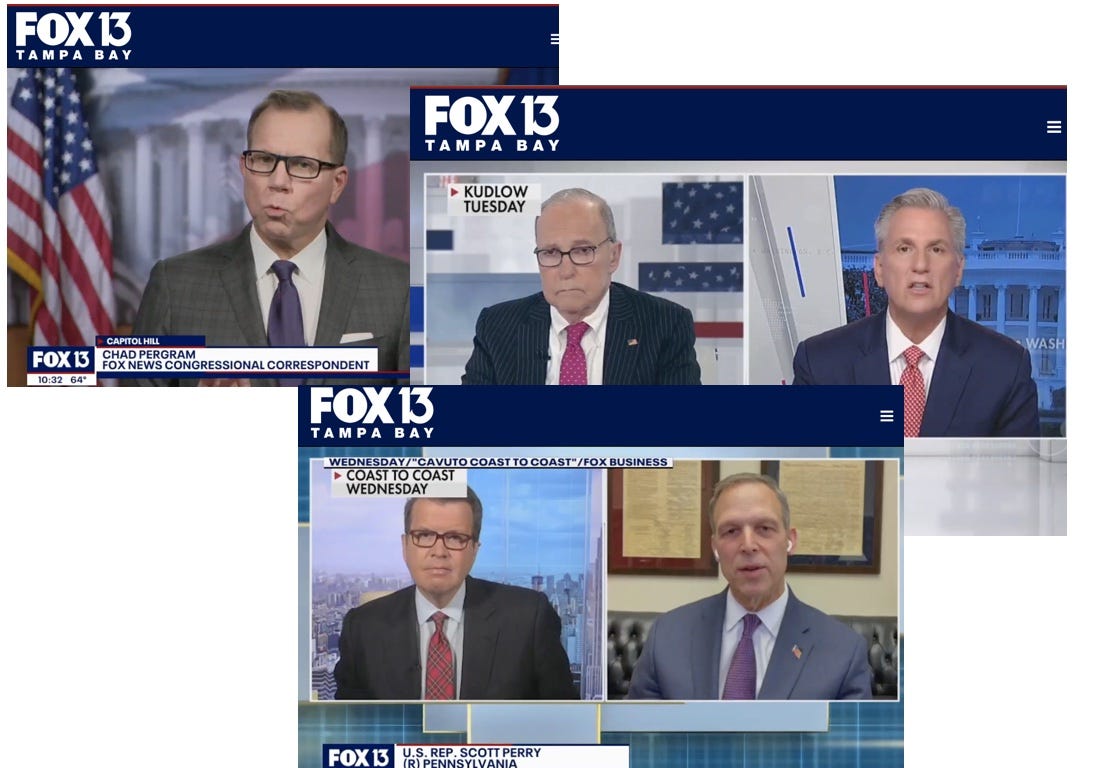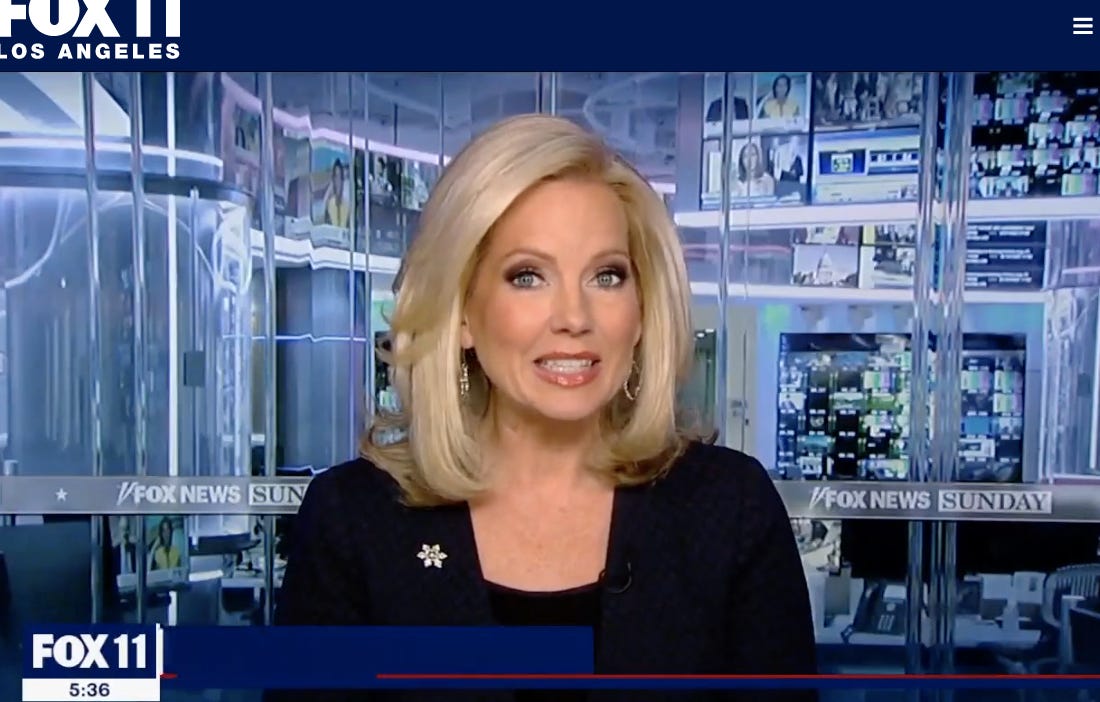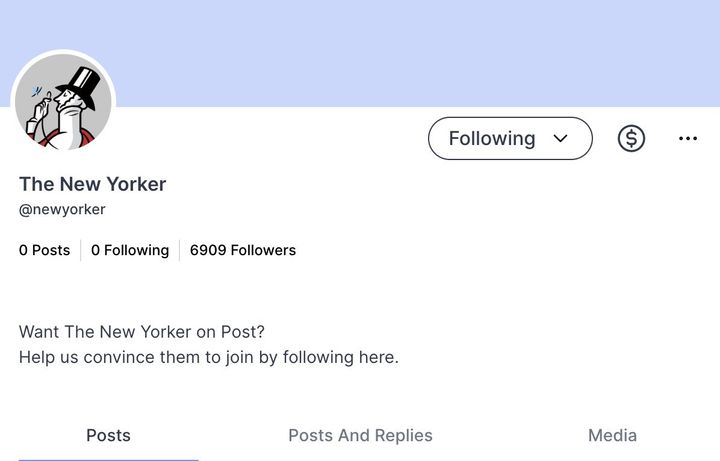The World Cup, Rupert Murdoch, and monopolistic influence on US media
Media owned by billionaires, Murdoch to Musk, is fracturing American democracy. Let's look at our media concentration rules.

If you're watching the World Cup this year in the United States, chances are that you are watching it on Fox Soccer via the Murdoch family’s Fox and Fox Sports channels.
But World Cup games aren’t just connected to Fox Sports. A bigger media corporation owns Fox Sports, Fox News, 18 local Fox TV stations, Fox Business, Fox Radio, and several other media properties. That is Fox Corporation (Fox Corp), which is controlled and operated by Rupert Murdoch, and whose CEO is Rupert’s son Lachlan Murdoch.
Fox Sports helps other Murdoch properties
There is an interlocking web of promotion between these media properties. The Fox broadcasts of the World Cup have been airing promotions for Fox Nation. Fox Nation is a streaming service that is a companion to Fox News, which carries Fox News content.
There are other ways that Fox Sports and Fox News cross-promote. One high-profile case came in 2020. Fox had broadcast rights to the Super Bowl, and chose Fox News' Sean Hannity to do a pre-Super Bowl interview with Donald Trump.
Another connection between Fox’s sports coverage and Fox News also came in 2020, when Fox Corp was negotiating with Roku and threatened to pull the Super Bowl from Roku customers. Fox News hosts even got involved, asking their viewers to complain to Roku on behalf of Fox.
Today, there’s a common Fox logo that’s used for World Cup coverage on Fox properties: such as in Fox Soccer on Youtube, Fox local stations, and Fox Sports.

Local Fox TV stations owned by Fox Corp (Murdoch) promote Fox News
Fox Corp owns and operates a total of 18 local TV stations, including Fox 5 in New York City, Fox 11 in LA, Fox 2 in San Francisco, Fox 5 in DC, and Fox 5 in Atlanta. These 18 stations cover a lot of big cities. They have substantial reach.
During the World Cup, these local stations have been promoting Fox’s coverage of World Cup games.
But in addition to promoting Fox Sports, Fox local TV stations also promote Fox News. That is, Fox local TV is helping lead its viewers to what could be described very charitably as a rightward-biased cable TV station. (Others have said worse about Fox News, and its newer counterpart Fox Business too.)
In a recent evening, over less than an hour, I found several Fox local TV stations carrying Fox News content:
- Fox 5 DC aired Alexandria Hoff from Fox News.
- Fox 13 in Tampa Bay aired Chad Pergram from Fox News and played clips of Fox News host Neil Cavuto's show on Fox Business.
- Fox 11 Los Angeles aired Shannon Bream and promoted her Fox News Sunday show.




This is just one night and three stations. It’s the tip of the iceberg of Fox local TV promoting other Fox properties.
And while we’re talking about Fox Corp affiliates carrying Fox News content, I don’t want to forget to mention Fox talk radio, which carries Sean Hannity. Hannity’s radio show reaches millions. Talk radio generally flies under the radar of national attention, but it is a tremendously influential and heavily right-biased medium. (A recent podcast series about rightwing talk radio on WNYC’s On The Media is worth every minute — highly recommended.)
Fox Corporation contains Fox Sports, Fox News, Fox Business, Fox Radio, and 18 local TV stations
A short history of how we ended up with Fox Corp: It formed in 2019 as part of selling off 20th Century Fox assets to Disney. Fox Corp retained several local TV stations, Fox News, Fox Business, Fox radio, and Fox Sports.
This combination seems notable. Sports content has proven to be important to cable providers. With the rise of streaming sports still has the power to bring viewers in for live broadcasts.
And that helps give the Murdochs power to push Fox News on the country. First, as we have seen, the different channels cross-promote. A less-visible form of connection comes when Fox Corp negotiates with cable companies. The Murdochs at Fox Corp negotiate for all of their media outlets. And their leverage is increased because they own more than just one channel. The result of those negotiations, which include sports content, is that today Fox News is in most basic cable packages. That means that viewers who don't like Fox News cannot easily cancel it. It seems likely that negotiating power conferred by Fox Sports helps the Murdochs get better deals with cable providers.
A few caveats are worth mentioning. NBC Sports is owned by the same parent company as MSNBC — we have other media conglomerates that own multiple kinds of channels and negotiate with cable companies about carrying them. We could choose to make equitable rules, that aren’t specific to the Murdochs, that require cable companies to offer a la carte access to all channels, including Fox News and Fox Business.
Another caveat: yes, cable news’ power is declining as other platforms take our attention, platforms from TikTok to Netflix to Twitter (and now Mastodon.) Still, Fox continues to have enormous power to shape political narrative in America, both via its viewing audience and by indirect effects, as its viewers talk to others and as Fox’s messages make it into other more mainstream media. (And even if one considers only the direct Fox viewership as the group that’s affected by Fox viewing, Murdoch-owned local TV outlets reach a much bigger audience than Fox News alone, and Fox Business adds even more viewers.)
It’s worth our while to worry about Fox News and Fox Business and Fox local TV: they still have huge impact.
Re-evaluating big media corporations and what our democracy can do about them
Anti-trust, or pro-competition, law has evolved over the past few decades. Chicago School conservative economists, Milton Friedman through Robert Bork, have exerted influence over anti-trust law, often through decisions handed down by Federalist Society judges. And those changes to our anti-trust legal practice have moved in many ways to favor big corporations, investors, and billionaires.
Despite how friendly to big money our anti-trust law has become, this situation with the Murdoch family and Fox still seems bad. Do we really want this family — whose fictional counterparts are the power-mad media barons of HBO's Succession — to be controlling all these media properties and weaving them together?
These cross-promoting effects seem to increase the power and reach of Fox News and its rightwing bias.
Many Murdoch media outlets have individually spread a lot of division and discord through American society, for profit. Together, these channels amplify those divisive messages. Do we really want our media to be structured in this way?
Let's think hard about anti-trust and anti-consolidation rules and how we, as a democracy, want them to apply to big media corporations.
Postscript: what we can do now
Anti-trust law is a big lift and a long-term solution. But there are things we can do now about Fox too. To have an impact in the short term, we can start talking about the rightward, pro-Republican bias of Murdoch and Fox, and lobby our elected officials to talk about this Murdoch bias too.
Australian left/liberals have recently been doing something similar. The goal is to get that message — Murdoch media is biased to help Republicans — out in the zeitgeist. Messages about media agenda, and the agenda of media owners, can affect people’s perception of the messages they receive from those media outlets.
The Labor party in Australia, the left/liberal party, did well in their last election, and that’s been attributed in part to them taking on Murdoch media directly.


